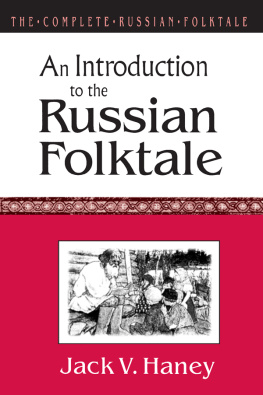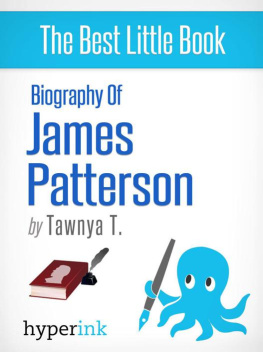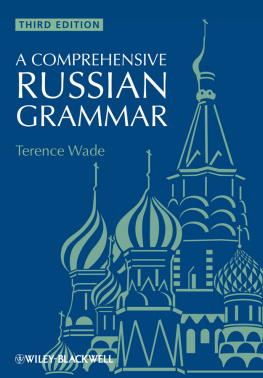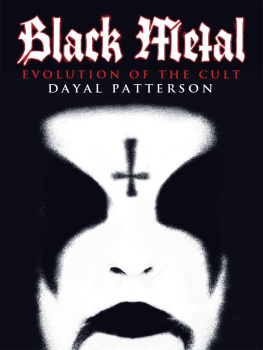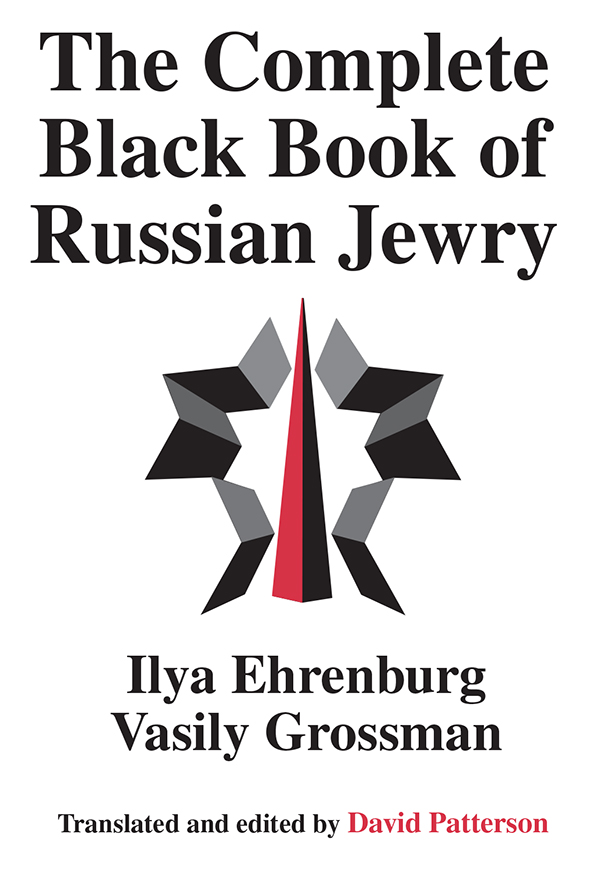Contents
- Part 5: Latvia
Riga, by Captain E. Gekhtman
The Complete Black Book of Russian Jewry
The Complete Black Book of Russian Jewry
Translated and dited by David Patterson
With a foreword by Irving Louis Horowitz and an introduction by Helen Segall

First published 2002 by Transaction Publishers
Published 2017 by Routledge
2 Park Square, Milton Park, Abingdon, Oxon OX14 4RN
711 Third Avenue, New York, NY 10017, USA
Routledge is an imprint of the Taylor & Francis Group, an informa business
Copyright 2002 by Taylor & Francis.
All rights reserved. No part of this book may be reprinted or reproduced or utilised in any form or by any electronic, mechanical, or other means, now known or hereafter invented, including photocopying and recording, or in any information storage or retrieval system, without permission in writing from the publishers.
Notice:
Product or corporate names may be trademarks or registered trademarks, and are used only for identification and explanation without intent to infringe.
Library of Congress Catalog Number: 2001052299
Library of Congress Cataloging-in-Publication Data
The Complete black book of Russian Jewry: Ilya Ehrenburg and Vassily Grossman; translated
and edited by David Patterson; with foreword by Irving Louis Horowitz and an introduction by Helen Segall.
p. cm.
Includes bibliographical references (p. ).
ISBN 0-7658-0069-1 (cloth: alk. paper)-ISBN 0-7658-0543-X (pbk. : alk. paper)
1. JewsPersecutionsSoviet Union. 2. Holocaust, Jewish (1939-1945)Soviet
Union Personal narratives. 3. Soviet UnionEthnic relations. I. Erenburg, Ilia, 1891
1967. II. Grossman, Vasilii Semenovich. III. Patterson, David. IV. Chernaia kniga
English.
DS135.R92 C647 2001
940.53180947dc21
2001052299
ISBN 13: 978-0-7658-0543-0 (pbk)
ISBN 13: 978-0-7658-0069-5 (hbk)
With the help of my friend Dr. Helen Segaliwho is the author of the introduction to this volume, a close friend of Irina Ehrenburg, and herself a survivor of the Holocaustin early 1997 I made arrangements to fly to Moscow for a June meeting with Ms. Ehrenburg. The purpose of my appointment was to discuss my work on an English translation of her complete edition of The Black Bookthat her father llya Ehrenburg had prepared in collaboration with Vasily Grossman. But after making all the necessary preparations for the tripwhich included obtaining an invitation from the president of a college in Russiathe Russian officials inexplicably refused me permission to enter the country. Later that summer I was at Yad Vashem in Jerusalem studying the Ehrenburg archives and other material related to The Black Book.As I pored over a set of manuscript pages, a librarian came up to me and handed me a clipping from a recent Russian newspaper. It was the obituary for Irina Ehrenburg: she had passed away on the very day that I was supposed to have met with her.
This turn of events increased my determination to undertake the daunting task of translating a volume of more than 360,000 words into English. These words, moreover, are not just any words. They speak from a time when the very meaning of words was under assault, when words like left, right, oven, cold, hunger, resettlement, special treatment,and others took on meanings they never had before. Although the materials prepared by the volumes Soviet contributors reflect a clear Soviet bias, it is still perhaps the best single source of information on Nazi activities in Eastern Europe. I cannot say that I wanted to do the translation (indeed, who would wantto live with these accounts day after day?); but I knew that someone hadto do it, despite all the difficulties involved. I knew that if these witnesses had the courage to speak, then we must find the courage to listen, and to listen carefully.




